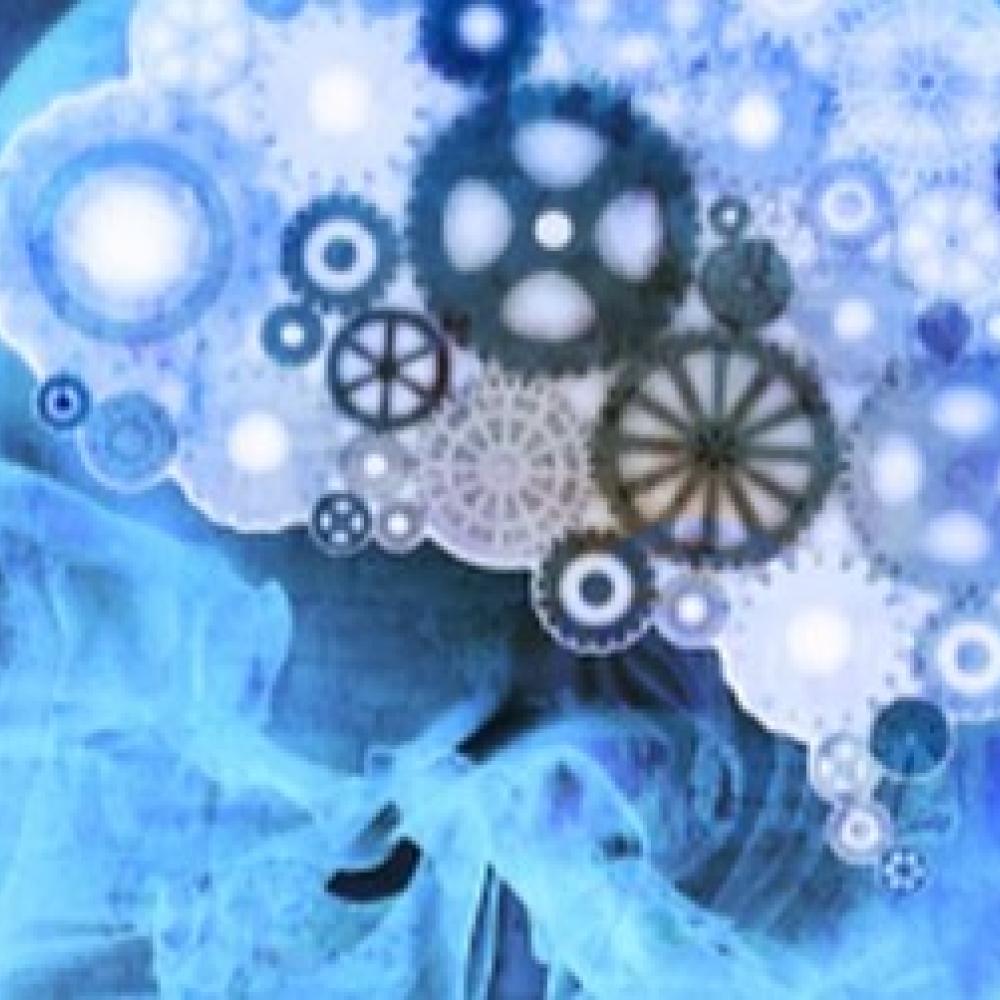Major only
How does the mind work? This question acts as the foundational tenet of cognitive science, the interdisciplinary study of human behavior and intelligence, with a focus on how information is perceived, processed and transformed. The field draws from anthropology, biology, computer science, linguistics, neuroscience, philosophy and sociology to study how the mind determines behavior. Students interested in artificial intelligence, linguistics, education, health sciences, and sociocultural careers are encouraged to explore this field. Students in the program may earn either an A.B. or B.S. degree, with the B.S. program intended for students with a stronger interest in the mathematical, neurological, and computational foundations of the discipline. The main objective of both programs is to give the student a broad grounding in the integrated sciences of the mind and to connect approaches from different fields.
Real World Outcomes
Understanding human behavior is a core strength in many fields, making career paths for the cognitive science degree-holder wide-ranging. Because this area of study looks at the science of human behavior, careers range from the analytical to the social. A degree in cognitive science can prepare you for careers in artificial intelligence, business, data analysis, education, government intelligence, healthcare, human performance, information processing, law, marketing, product design, psychology, research and software design.
Requirements
For students interested in the liberal arts the cognitive science major can be pursued as a Bachelor of Arts (A.B.) program. Alternatively, it can be pursued as a Bachelor of Science (B.S.) program for students with a stronger interest in the mathematical, neurological and computational foundations of the discipline. The main objective of both programs is to give the student a broad grounding in the integrated sciences of the mind and to connect approaches from different fields. Students must complete a number of core courses for the degree, as well as a number of specialty courses on such wide-ranging topics as logic for artificial intelligence, computational linguistics, cognitive neuroscience, animal cognition and the psychology of music.

